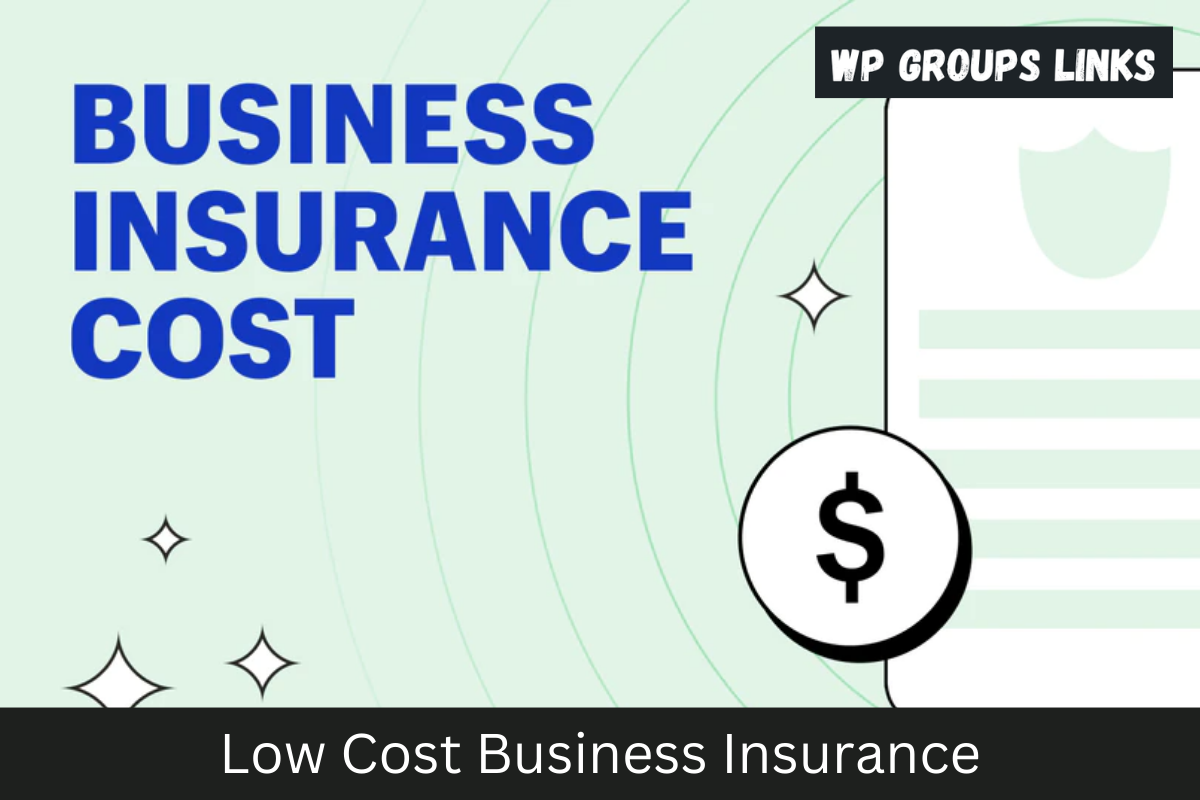Home Based Business Insurance
In today’s dynamic business landscape, many entrepreneurs have embraced the concept of running businesses from the comfort of their homes. This trend is not only cost-effective but also provides a flexible work environment. However, in the excitement of setting up a home-based business, entrepreneurs often overlook a critical aspect: insurance. In this article, we will explore the world of home-based business insurance, outlining its importance, types, and the steps to choose the right coverage.
Understanding Home-Based Business Insurance
Defining Home-Based Businesses
Home-based businesses come in all shapes and sizes, ranging from freelance work and e-commerce ventures to consulting services and crafts made at home. Essentially, if you operate a business from your residence, you fall under this category. While it offers many advantages, it also exposes your personal assets to potential risks.
Risks Faced by Home-Based Businesses
Home-based business owners face a unique set of risks, such as property damage, liability claims, and business interruptions. For example, if a client visits your home office and sustains an injury, you could be held liable. Moreover, a fire or theft could result in financial losses that might be challenging to recover from without insurance.
Types of Home-Based Business Insurance
Property Insurance
Property insurance covers damage or loss of business equipment, inventory, and the physical structure of your home. It ensures you can replace or repair items in case of an unexpected event.
Liability Insurance
Liability insurance protects you against claims of bodily injury or property damage that occur on your premises or due to your products or services. This coverage is essential for safeguarding your personal assets.
Business Interruption Insurance
Business interruption insurance compensates for lost income if your home-based business cannot operate due to unforeseen circumstances like a natural disaster.
Choosing the Right Coverage
Assessing Your Business Needs
To select the right coverage, it’s crucial to assess your business’s specific needs. For instance, an online retailer may need different coverage than a home-based consultant.
Customizing Your Policy
You can customize your insurance policy by adding or removing coverages to tailor it to your business’s unique requirements. This ensures you’re not overpaying for coverage you don’t need.
Affordability and Cost
Factors Influencing Premiums
The cost of insurance depends on several factors, including the type of business, location, and coverage limits. However, it’s generally affordable, especially when you consider the protection it provides.
Saving on Insurance Costs
You can save on insurance costs by taking steps like improving security measures, maintaining a claims-free record, and bundling policies with the same insurer.
Legal Requirements
Local Regulations
Check local regulations and zoning laws to ensure your home-based business complies with legal requirements. Failure to do so could lead to penalties and insurance voidance.
Professional Licensing
Certain businesses may require professional licensing. Ensure you meet all legal obligations to maintain insurance coverage.
Common Insurance Mistakes to Avoid
Underestimating Risks
One common mistake is underestimating the risks associated with your business. Assess the potential hazards carefully.
Neglecting Liability Coverage
Neglecting liability coverage can lead to devastating financial consequences. Don’t overlook the importance of liability protection.
Not Reviewing and Updating Policies
As your business evolves, your insurance needs may change. Periodically review and update your policies to stay adequately protected.
Benefits of Home-Based Business Insurance
Financial Protection
Home-based business insurance provides financial protection against unforeseen events, ensuring your business and personal assets are safeguarded.
Professional Credibility
Having insurance can boost your professional credibility, showing clients that you’re a responsible and trustworthy business owner.
Top Insurance Providers
When choosing insurance, it’s essential to compare providers, read reviews, and seek recommendations to make an informed decision. Top providers often offer competitive rates and comprehensive coverage.
Claims Process
Understanding the claims process is vital. Know how to file a claim and what to expect during the process. A quick and efficient claims process is crucial during times of crisis.
Case Study: A Successful Home-Based Business
To illustrate the importance of home-based business insurance, consider a real-life case study where insurance played a crucial role in mitigating losses and ensuring business continuity.
The Future of Home-Based Business Insurance
The landscape of home-based business insurance is evolving, driven by changing business models, technological advancements, and shifting market dynamics. As the world becomes increasingly interconnected and digital, the insurance industry is adapting to meet the unique needs of home-based entrepreneurs. In this section, we’ll explore the emerging trends and considerations that will shape the future of home-based business insurance.
- Adapting to Remote Work Trends
The ongoing shift towards remote work arrangements has accelerated the need for tailored insurance solutions. As more professionals choose to work from home, insurance providers are developing policies that specifically address the risks and challenges associated with this trend. Home-based business owners can now find coverage that accounts for the nuances of their work environments, such as cyber liability insurance to protect against digital threats.
- Digital Transformation
Technology is at the heart of the insurance industry’s evolution. Insurtech companies are creating user-friendly platforms that simplify the process of purchasing, managing, and claiming on policies. This digital transformation benefits home-based business owners, who can now access and manage their insurance coverage with greater ease, streamlining administrative tasks and reducing the burden of paperwork.
- Customization and Flexibility
One size no longer fits all in the world of home-based business insurance. Insurance providers are recognizing that the needs of home-based entrepreneurs vary widely, and policies are becoming more customizable. This allows business owners to tailor their insurance to their specific operations, ensuring that they have the right level of coverage without overpaying.
- Peer-to-Peer Insurance
The rise of the sharing economy has given birth to the concept of peer-to-peer insurance. Home-based business owners can join peer networks where they pool their resources to cover common risks. This approach can offer more affordable coverage and build a sense of community among entrepreneurs who face similar challenges.
- Environmental and Sustainability Considerations
The world’s increasing focus on environmental and sustainability issues is influencing insurance offerings. Businesses that adopt eco-friendly practices may be eligible for discounts or specialized policies that promote sustainable business practices. This aligns with the growing trend of consumers supporting environmentally responsible businesses.
- Artificial Intelligence and Risk Assessment
Insurance companies are increasingly using artificial intelligence (AI) to assess risks and determine premiums. AI algorithms analyze a range of data points to more accurately predict the potential for claims. Home-based business owners can benefit from AI-driven pricing models that offer more competitive rates based on their individual risk profiles.
- Cybersecurity and Data Protection
As home-based businesses rely more on digital tools, the risk of cyber threats has increased. Insurance providers are expanding their cybersecurity coverage to help business owners recover from data breaches, ransomware attacks, and other cyber-related incidents. This coverage is becoming essential in a world where digital security is paramount.



